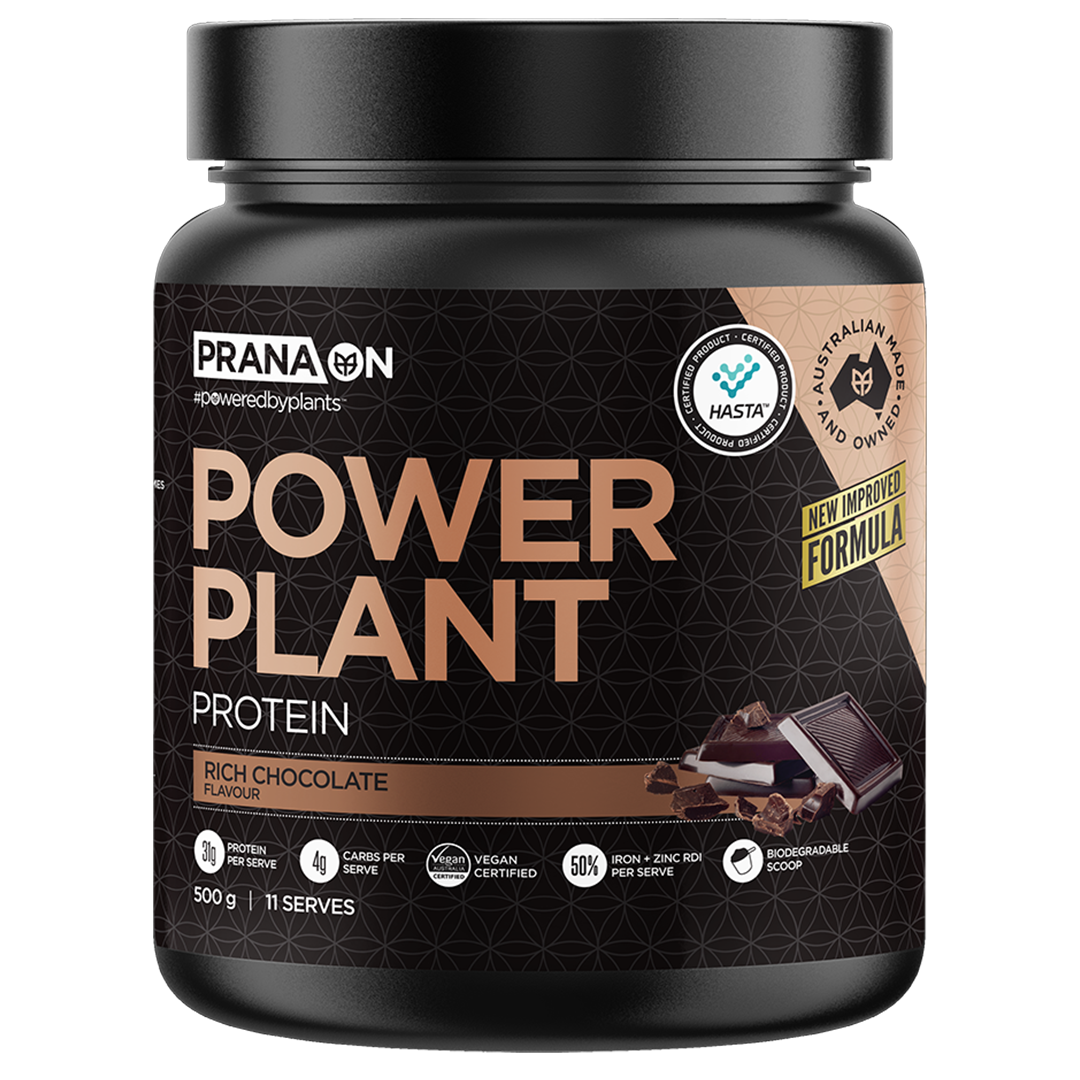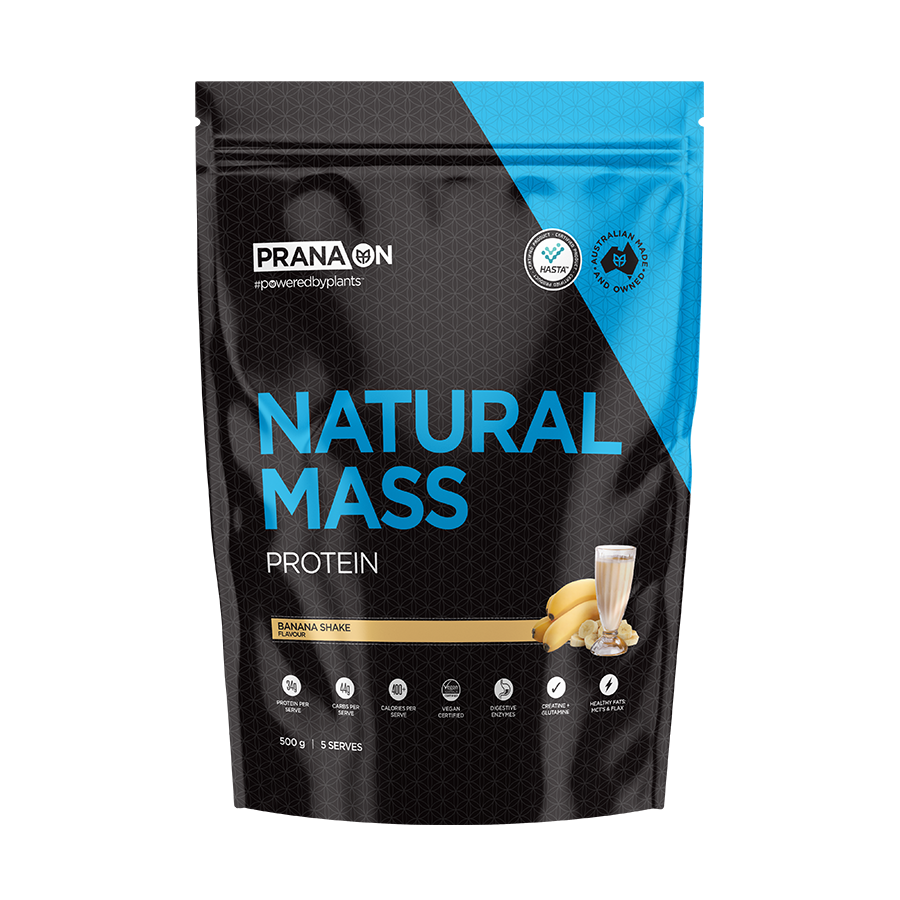Four Power Plant foods to put on your plate by Dr. Portia D’Anvers
I am passionate about advocating for a plant based diet and always encourage people to fill up with fruits, veggies, greens and grains! But do some plant based foods give you more bang for your buck?
A staggering 60% of Australians are now classed as overweight or obese. An even more confronting statistic recently published in the Lancet: around 50% of deaths are related to dietary factors (obesity, alcohol, hypertension, hypercholesterolemia, type 2 diabetes).
The good news is, more and more research studies are showing that plant based diets are associated with markedly lower rates of obesity, diabetes, cholesterol and hypertension!
This means the power of improving your health is literally on your plate. But what foods should we be putting on our dinner tables for health, good nutrition and athletic performance?
I’ve had a look at the research, a put together a little list of four amazing foods that I love including in my daily meals, for recovery, health, disease prevention and well balanced nutrition.
Cruciferous Vegetables
Cruciferous veggies include broccoli, cabbage, and kale. These leafy greens boast high levels of plant lignans (a plant derived polyphenol with anti-inflammatory and antioxidant properties). Eating a diet rich in plant lignans has been associated with a lower risk of heart disease and lower rates of breast cancer! I eat 1-2 serves a day, by adding them to my lunches and dinners, cooking them up as stir-fries, using them as a base for a fresh salad, or eating them in tacos – YUM.
Ground flax seeds
Flax seeds boast high levels of the short chain essential fatty acid, Alpha-linolenic acid, commonly known as ALA Omega 3. The World Health Organisation suggests that we get 0.5% of our calories from an omega 3 source. One tablespoon a day of ground flax seeds hits this target. Our bodies then convert the short chain ALA omega 3, to the long chain omega 3’s EPA and DHA – which are important for forming the phospholipid cell membrane of cells in the brain, retina and in sperm! Additionally, omega 3 fatty acids have also been shown to reduce inflammation and observational studies suggest that adequate dietary omega 3 is associated with reduced rates of dementia and Alzheimer’s!
Blueberries
These amazing little guys are nutrient powerhouses. Studies have demonstrated that blueberries can help with brain function, artery health and mood! One study found that 2 cups of blueberries help arteries to ‘relax’ in hypertensive smokers. Blueberries also increase levels of Natural Killer cells, which are very important members of our immune system, helping fight viral infections on the ‘front line’ of immune defence. Blueberries may also effect our mood!. A double blinded randomised control trial found that after consuming 2 cups of blueberries, participants felt more alert, enthusiastic, inspired and attentive!
Beans
Packed with fibre, protein, antioxidants and phytonutrients, beans are and are an excellent source of nutrients (folate, iron, zinc and potassium) as well as being low in cholesterol, saturated fat and sodium. Lentils, chickpeas, peas, edamame, tempeh, tofu, or a serve of legume/grain based protein powder are all excellent sources for those looking to improve their health and fitness or build muscle on a plant based diet. Beans and legumes are so versatile, cheap and easy to prepare. They also boast a very low glycaemic index and are incredibly satiating – perfect for those wanting to avoid spikes in blood sugar, and feel fuller for longer.
So there’s my four evidence based ‘Plant Strong’ foods that I aim to include in my diet each and every day: cruciferous veggies, blueberries, ground flax seeds and beans.
Including these four nutrient packed foods in your diet regularly may improve cognitive function, mood, arterial function, blood pressure and increase muscle hypertrophy. The power is on your plate.
Disclaimer:
The medical and/or nutritional information on this website is for educational purposes only and is general in nature. The content is not intended to be a substitute for professional medical advice, diagnosis, or treatment. Please seek medical advice before using diet to treat disease.
Written by:
Dr Portia D'Anvers
(MBBS, A. Dip Sports Nutrition, Cert III/IV Personal Training)




Leave a comment